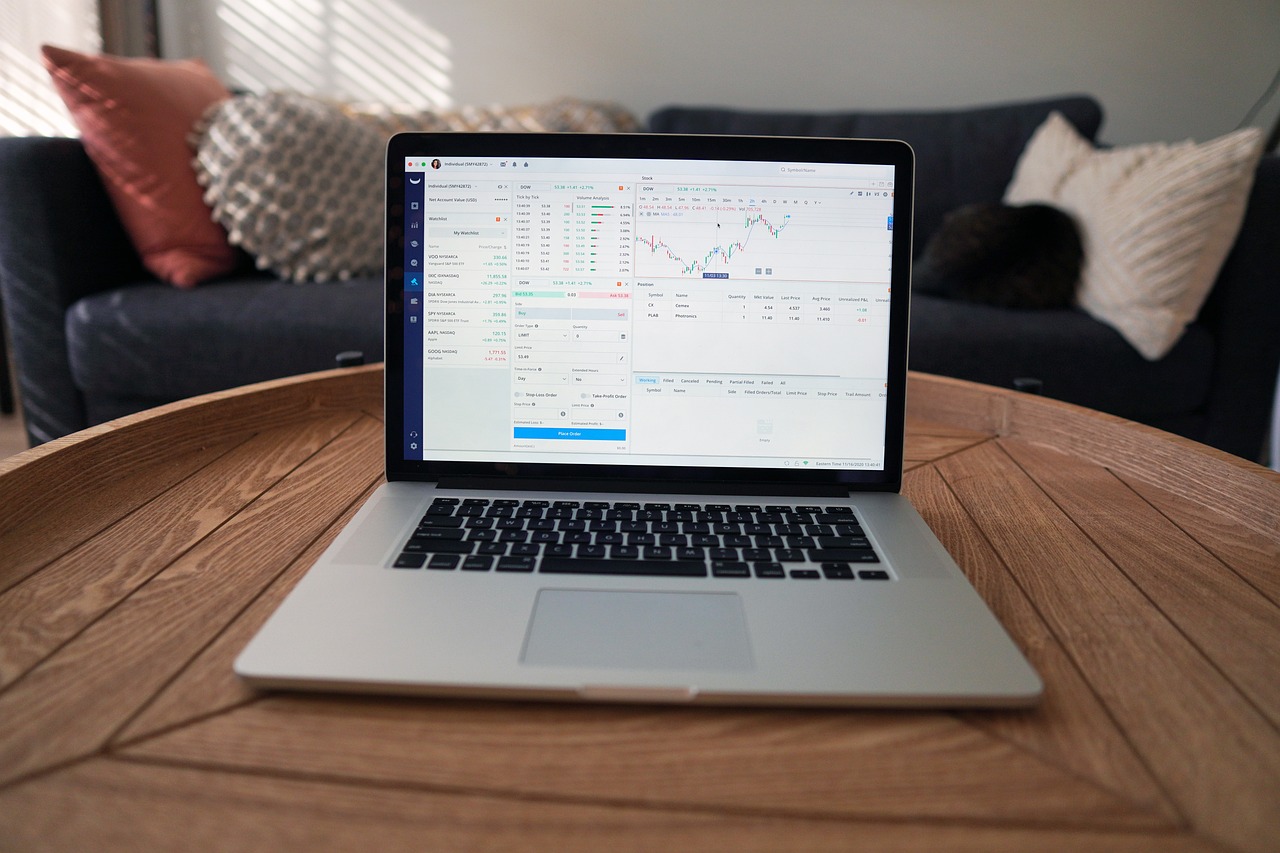A temporary easing in the global trade conflict has brought a breath of fresh air to international stock markets. The DAX followed suit with a sharp upward jump, but analysts are urging caution and warning investors not to overinterpret these early gains.
At the start of the week, global stock exchanges reacted positively to the prospect of exemptions or at least a pause in specific U.S. import tariffs. The DAX surged by as much as 2.3% during early trading, reaching 20,841 points, taking its lead from the strong performances in Asia.
DAX Continues on a Stabilisation Path
Having reclaimed the 200-day moving average — a key marker for long-term trends currently sitting at around 20,000 points — the DAX appears to be regaining stability. The next major resistance lies at last week’s high of 21,300 points.
The driving force behind the market’s relief rally is a weekend announcement from the U.S. government. It plans to exempt smartphones, laptops, and other essential electronics from additional tariffs, particularly those originating from countries like China. This decision has provided significant relief for U.S.-based tech firms such as Apple, which rely heavily on Asian manufacturing.
Uncertainty Still Looms Over Markets
Does this mean the markets have returned to calmer waters? Have they shaken off the “Trump shock”? Not quite. Despite the current gains, the DAX has only recovered a fraction of the losses sustained earlier. Since the beginning of the year, the index is up by just 2.3%, a stark contrast to the 18% rise recorded at its peak in March.
Many analysts view these initial increases more as a technical rebound rather than a sign of lasting recovery. The high level of uncertainty in the markets still leaves little room for confident long-term optimism.
Trust in Trump Undermined
The tariff exemptions should not be seen as an end to the trade conflict. JPMorgan investment strategist Mislav Matejka maintains that the U.S. stock market is not yet out of the woods. According to his latest analysis, a potential recession is only partially priced in.
Adding to market concerns is the damage done to investor confidence in recent days — arguably the most valuable currency in trading. As trust in President Trump’s handling of trade policy erodes, the prospect of a sustained market rally appears increasingly unlikely.
Positive Momentum from Asia
The DAX also received a boost from strong performances on Asian stock markets. Tech-related shares, particularly those linked to smartphone production, saw significant gains. In Tokyo, the Nikkei 225 climbed by 1.2%, closing at 33,982 points. Shanghai’s stock exchange was up by 0.8%, and Hong Kong’s Hang Seng index jumped 2.2%.
Wall Street Eyes Further Gains
Across the Atlantic, Wall Street looks set for continued growth. Dow Jones futures rose 0.5% in early trading, suggesting the U.S. benchmark index may extend its recent gains.
On Friday, the Dow Jones closed up by 1.6% at 40,212 points. The broader S&P 500 gained 1.8% to finish at 5,363 points, while the tech-heavy Nasdaq rose by 2.1% to 16,724.
Eyes on Goldman Sachs as Earnings Season Ramps Up
Ahead of the U.S. market opening, investment giant Goldman Sachs is due to release its fourth-quarter figures. Later in the week, other major U.S. banks such as Bank of America and Citigroup will follow suit.
Last Friday, JPMorgan, Morgan Stanley and Wells Fargo kicked off the latest earnings season. Investors are now closely watching the forecasts and commentary to assess how much the ongoing trade conflict is weighing on corporate America. As such, forward guidance is expected to be a key focus in the coming days.



